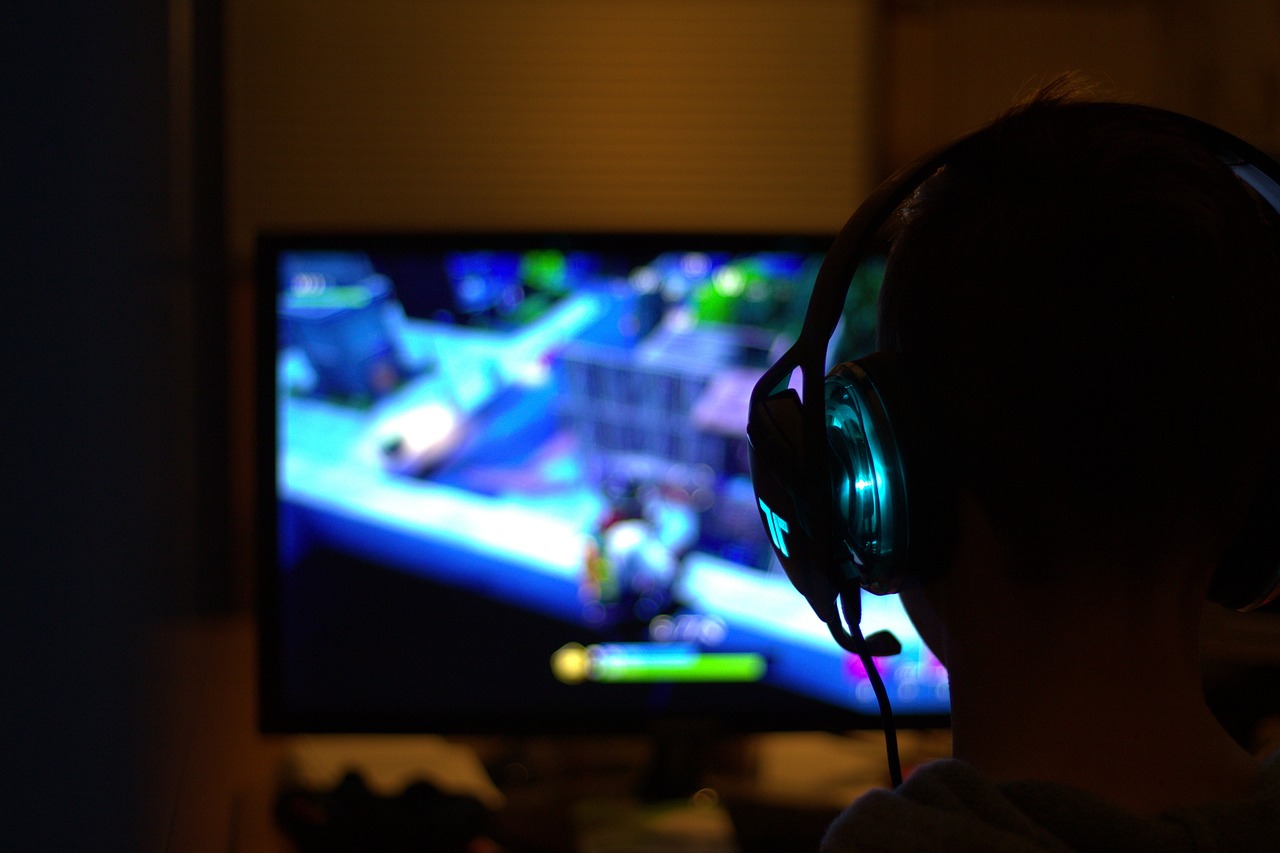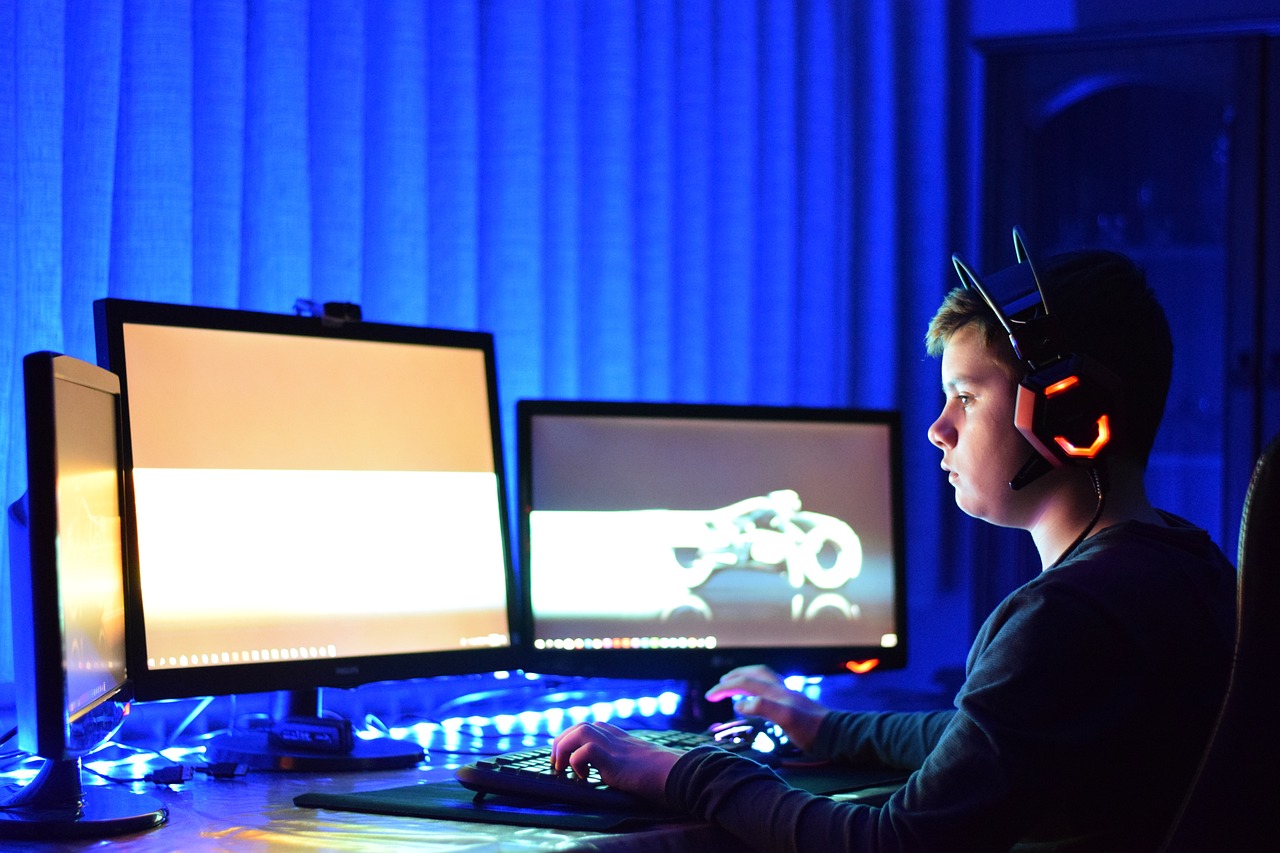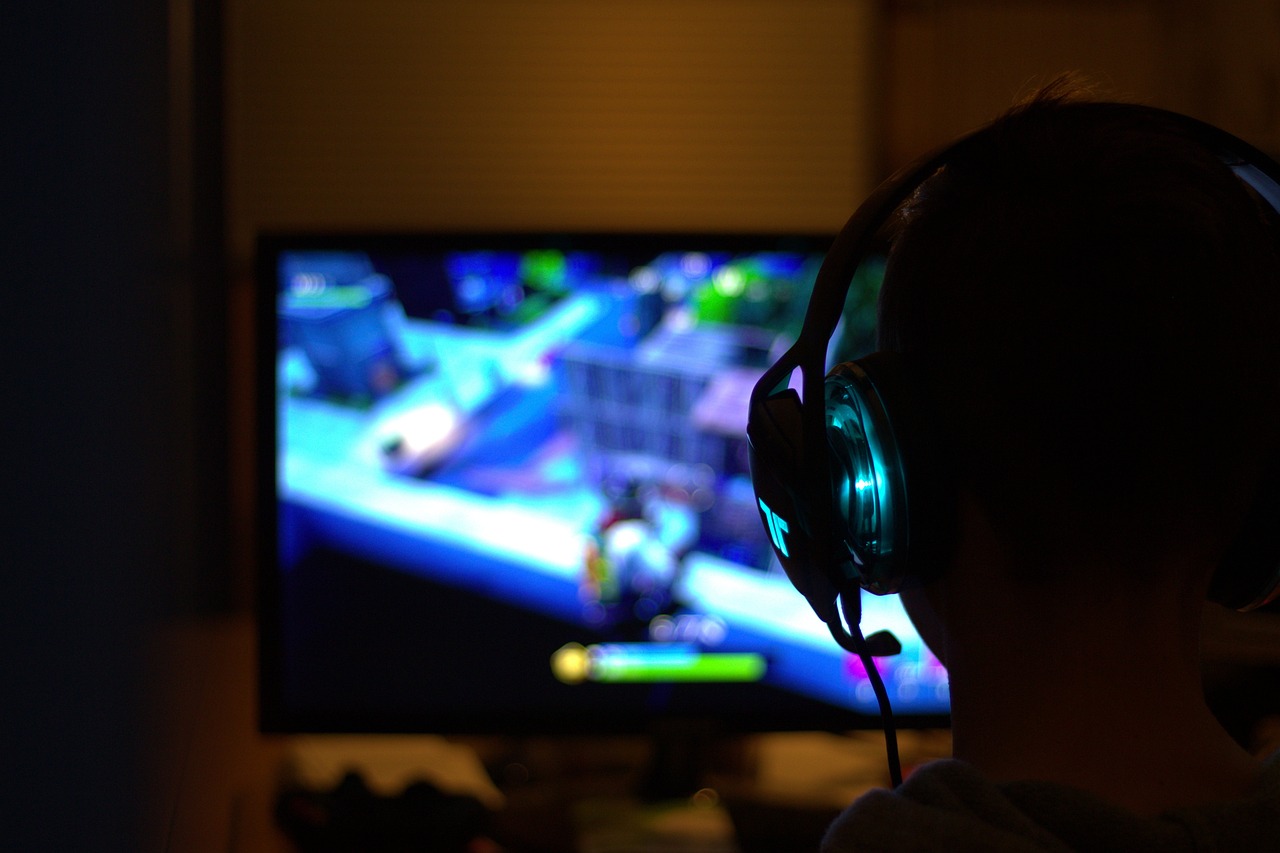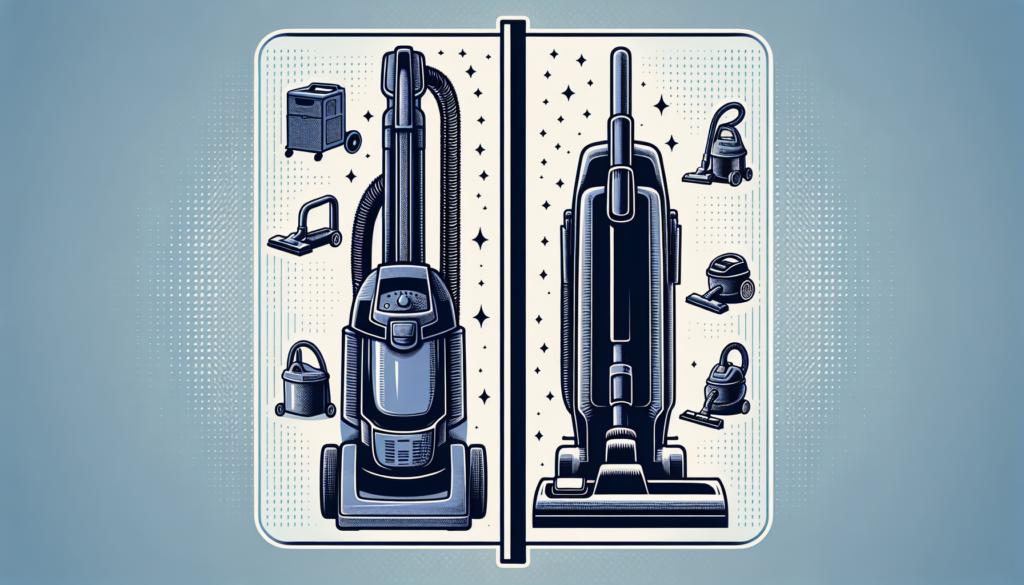Are you in the market for a gaming PC? Look no further than BuySellCloud.com, your go-to source for all things gaming-related. With expert buying guides and comprehensive product insights, we have everything you need to make a confident purchase decision. Whether you’re a casual gamer or a hardcore enthusiast, our expert guidance will help you find the perfect gaming PC that suits your needs and budget. Discover what you need to know before diving into the world of gaming PCs and start your gaming journey on the right foot.

Choosing the Right Processor
When it comes to choosing the right processor for your gaming PC, there are a few factors to consider. Understanding the different processor options available is crucial in making an informed decision.
Firstly, you should consider the number of cores a processor has. Cores are essentially the brain of the processor and are responsible for running multiple tasks simultaneously. A higher number of cores generally means better multitasking capabilities. For gaming purposes, a quad-core or higher processor is typically recommended.
Another important factor to consider is the clock speed of the processor. Clock speed, measured in gigahertz (GHz), determines how fast a processor can execute instructions. A higher clock speed usually translates to better performance. However, it is important to note that clock speed alone is not the sole indicator of a processor’s performance.
One way to gain insight into the performance of different processors is by reading user reviews. User reviews provide valuable feedback from those who have already tested and used the processors. This can help you gain a better understanding of how well a particular processor performs in real-world gaming scenarios.
Selecting the Graphics Card
The graphics card is a vital component in a gaming PC as it is responsible for rendering the visuals in your games. Understanding the different types of graphics cards available is crucial in selecting the right one for your needs.
One important consideration is the amount of VRAM (Video Random Access Memory) a graphics card has. VRAM is dedicated memory that the graphics card uses to store and access data quickly. More VRAM often translates to better performance, especially when gaming at higher resolutions or using demanding graphical settings.
Comparing performance benchmarks is also essential when selecting a graphics card. Benchmarks provide a standardized way to compare the performance of different graphics cards. They measure factors such as frame rates, image quality, and power consumption, giving you an objective basis for comparison.
Power requirements should also be taken into account when choosing a graphics card. Some high-performance graphics cards can consume a considerable amount of power, so ensuring that your power supply can handle the demands of the graphics card is crucial.
Additionally, checking for compatibility is essential when selecting a graphics card. Ensuring that the graphics card is compatible with your motherboard and has the necessary physical space and power connectors will save you from potential compatibility issues down the line.

Determining the Amount of RAM
RAM (Random Access Memory) plays a significant role in gaming performance. Understanding the importance of RAM and considering the right amount is crucial to ensure smooth gameplay.
RAM acts as temporary storage for data that the CPU needs to access quickly. The more RAM your system has, the more data it can store and access quickly, resulting in faster and smoother gameplay.
Evaluating the minimum and recommended requirements of the games you plan to play can help determine the appropriate amount of RAM. Checking the system requirements of games will usually indicate the minimum and recommended RAM specifications. Opting for the recommended amount is generally recommended to ensure optimal performance.
Considering the future upgradability of your RAM is also important. While you may only need a certain amount of RAM currently, considering whether the motherboard has extra RAM slots for future expansion can save you money in the long run.
Choosing the Right Storage
When it comes to storage options for a gaming PC, comparing HDDs (Hard Disk Drives) and SSDs (Solid State Drives) is essential in making the right choice.
HDDs are traditional storage devices that use spinning disks to store and access data. They offer higher storage capacities at a lower cost per gigabyte. However, they are generally slower when it comes to read and write speeds compared to SSDs.
SSDs, on the other hand, use flash memory to store and access data, making them significantly faster than HDDs. They offer faster load times and quicker file transfers, resulting in a more responsive gaming experience. However, they tend to be more expensive than HDDs for the same storage capacity.
Understanding your storage capacity needs is crucial in determining the right storage option for you. Gaming PCs often require a significant amount of storage space for game installations, updates, and other files. Assessing how much storage space you will need will help you decide between the higher capacity of HDDs or the faster performance of SSDs.
Another option to consider is a hybrid storage solution. Hybrid drives combine the best of both worlds by incorporating both HDD and SSD technologies into a single drive. They typically have a smaller SSD portion for frequently accessed data, allowing for faster performance while still providing larger storage capacities.
Checking for expansion slots is also important when selecting storage options. Ensuring that your motherboard has available slots for additional drives can save you from potential limitations in the future.

Considering Cooling Systems
Cooling is a vital aspect of a gaming PC to ensure that components are kept at optimal temperatures for peak performance and longevity. Understanding the importance of cooling and comparing different cooling solutions is crucial in making the right choice.
There are two main types of cooling systems to consider: air cooling and liquid cooling. Air cooling involves using fans to circulate air and dissipate heat from the components. It is a cost-effective and reliable cooling solution, but it might not be as efficient in removing heat from the system.
Liquid cooling, on the other hand, uses a closed-loop system to circulate coolant and remove heat from the components. It typically involves a radiator, water block, and pump. Liquid cooling can provide better heat dissipation, resulting in lower temperatures. However, it can be more expensive and potentially require more maintenance.
Checking for sufficient fan placements is also crucial to ensure effective cooling. You should ensure that your case has enough fan mounts to accommodate the number of fans required for optimal cooling. Additionally, consider the sizes of the fans and their compatibility with your case and motherboard.
If you plan on overclocking your components for increased performance, considering the overclocking options of your cooling system is essential. Some cooling solutions are better equipped to handle the increased heat generated by overclocked components, ensuring stability and longevity.
Evaluating Display and Resolution
Choosing the right display and resolution for your gaming PC can significantly impact your gaming experience. Understanding the different display technologies and evaluating your requirements is crucial in making an informed decision.
There are several display technologies to consider, such as LCD (Liquid Crystal Display), LED (Light-Emitting Diode), and OLED (Organic Light-Emitting Diode). Each technology has its own advantages and disadvantages, including factors such as color accuracy, response time, and viewing angles. Researching and comparing the different technologies can help you determine which one best suits your needs.
Choosing the right screen size is also important. Consider the size of your gaming setup and the distance at which you will be sitting from the screen. A larger screen size can provide a more immersive gaming experience, but it may not be practical if you have limited space.
Evaluating resolution options is crucial in determining the level of detail and clarity your games will have. Common resolutions include Full HD (1920×1080), Quad HD (2560×1440), and 4K Ultra HD (3840×2160). Higher resolutions result in sharper images and more detailed graphics, but they may require more powerful hardware to run games smoothly.
Considering refresh rate and response time is also important for a smooth gaming experience. Refresh rate refers to the number of times the image on the screen is refreshed per second, and response time measures how quickly the pixels can change color. Higher refresh rates and lower response times generally result in smoother and more fluid visuals during fast-paced games.
Assessing Connectivity Options
Ensuring that your gaming PC has the necessary connectivity options is essential for a seamless gaming experience. Checking for USB and Thunderbolt ports, evaluating HDMI and DisplayPort capabilities, considering Wi-Fi and Ethernet connectivity, and ensuring Bluetooth compatibility are all important factors to consider.
USB ports are essential for connecting peripherals like gaming controllers, keyboards, and mice. Ensuring that your gaming PC has an adequate number of USB ports, as well as support for the latest USB standards, will allow for easy connection and compatibility with various devices.
If you plan on connecting your gaming PC to an external display, checking for HDMI and DisplayPort capabilities is important. HDMI ports are commonly used for connecting to TVs and monitors, while DisplayPort offers higher bandwidth and is often preferred for high-resolution gaming.
Considering Wi-Fi and Ethernet connectivity is crucial if you plan on gaming online. Wi-Fi allows for wireless internet connectivity, while Ethernet provides a more stable and faster connection. Ensuring that your gaming PC has built-in Wi-Fi or an available Ethernet port will ensure a smooth online gaming experience.
Ensuring Bluetooth compatibility is important if you plan on connecting wireless peripherals or audio devices to your gaming PC. Bluetooth connectivity allows for easy pairing and connection with various devices, such as headphones, speakers, and controllers.
Evaluating Audio Features
Audio can significantly enhance the gaming experience, so considering the audio features of your gaming PC is important. Considering the need for surround sound, evaluating audio output options, and checking for headphone/microphone jacks are all essential factors to assess.
If you are an avid gamer who enjoys immersive gameplay, considering the need for surround sound is crucial. Surround sound systems provide a more realistic audio experience by creating directional audio cues. Ensuring that your gaming PC supports surround sound technologies, such as Dolby Atmos or DTS:X, will enhance your gaming experience.
Evaluating audio output options is important if you plan on connecting external speakers or headphones. Some gaming PCs may have different audio output options, such as optical or analog outputs. Checking for compatibility between your audio devices and the available audio outputs will ensure proper connectivity and optimal audio quality.
Checking for headphone/microphone jacks is important if you plan on using gaming headsets or microphones. Some gaming PCs may have dedicated headphone and microphone jacks for easy connection of these devices. Ensuring that these jacks are available and compatible with your peripherals will allow you to communicate effectively during online gaming sessions.
Assessing Power Supply Requirements
Understanding power supply requirements and ensuring that your gaming PC has an appropriate power supply is crucial for reliable operation. Understanding power supply ratings, calculating power needs based on components, and considering efficiency and modular options are all important factors to consider.
Power supply ratings, such as wattage and efficiency ratings, provide valuable information regarding the capabilities and efficiency of the power supply. Ensuring that your power supply has a sufficient wattage rating to support all the components in your gaming PC is crucial to avoid power-related issues. Additionally, considering the efficiency rating can help reduce energy consumption and operating costs in the long run.
Calculating power needs based on components is important to determine the appropriate wattage rating for your power supply. Different components, such as the CPU, GPU, and storage drives, have different power requirements. Adding up the power requirements of all the components in your gaming PC will help you determine the minimum wattage rating your power supply should have.
Considering modular power supply options is important for cable management and ease of installation. Modular power supplies allow you to connect only the necessary cables, reducing cable clutter and improving airflow within the case. This can make the installation process easier and result in a cleaner and more organized build.
Considering Aesthetics and Customizability
While aesthetics may not affect the performance of your gaming PC, they play a significant role in personalizing your setup. Evaluating the design and form factor, checking for RGB lighting options, considering the ease of component upgrades, and assessing cable management options are important factors to consider.
Evaluating the design and form factor of your gaming PC is important to ensure that it fits your personal preferences and the available space in your gaming area. Different cases come in various sizes and styles, ranging from sleek and minimalist designs to more flashy and aggressive aesthetics. Choosing a design that aligns with your taste will help create a visually appealing gaming setup.
Checking for RGB lighting options is important if you want to add some flair to your gaming PC. Many components, such as fans, RAM, and even motherboards, come with RGB lighting options. These lights can be customized to create unique lighting effects and add a touch of personalization to your build.
Considering the ease of component upgrades is important if you plan on upgrading your gaming PC in the future. Some cases or motherboards may have limited space or compatibility issues with certain components, making future upgrades more challenging. Ensuring that your gaming PC has ample space and supports common upgrade options will save you from potential limitations down the line.
Assessing cable management options is important for both aesthetics and airflow within your gaming PC. Cases with built-in cable management features, such as rubber grommets and cable routing channels, can help conceal cables and create a clean and organized build. This not only improves the overall appearance of your gaming PC but also improves airflow, potentially leading to better cooling performance.




